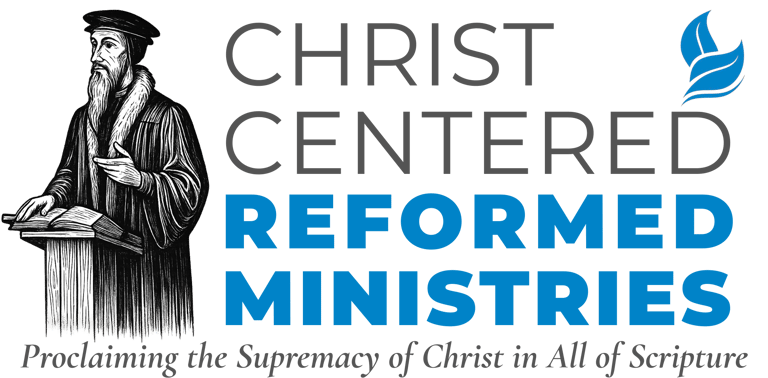The Full Extent of Love: An Exposition of John 13:1-20
In John 13:1-20, we explore Jesus' profound act of washing His disciples' feet, revealing the heart of servant leadership and the depth of His love. This exposition emphasizes Christ's example as the essence of humility and service, urging believers to embody His teachings in their lives.
SCRIPTURAL EXPOSITION
Justin Hoke
2/29/20243 min read


Introduction: In the quiet, upper room, away from the bustle of Jerusalem preparing for the Passover, Jesus and His disciples share intimate moments that would forever define the essence of Christian ministry and discipleship. John 13:1-20 is not merely a passage about humility and service; it encapsulates the heart of the Gospel, the nature of Christ's kingdom, and the path every believer is called to walk. As we delve into this sacred text, let us do so with prayerful dependence on the Holy Spirit, allowing the words of Christ to wash over us, transforming our understanding of leadership, service, and love.
Exposition: John 13 opens with a profound declaration of Jesus' love: "Having loved his own who were in the world, he loved them to the end" (v.1). This statement sets the stage for everything that follows, grounding the act of washing the disciples' feet in the full extent of Jesus' love. Christ's actions here are a vivid demonstration of the servant leadership He came to exemplify and command His followers to replicate.
As we approach this passage, we recognize that it serves as a living parable, a visible sermon enacted by the Savior. Jesus, knowing fully His authority, divinity, and imminent return to the Father, chooses to perform a task reserved for the lowest household servant. The washing of feet was a necessary, yet menial task, an act of hospitality and cleanliness in a culture where sandals and dusty roads were the norms. Yet, in this act, Jesus embodies the historical-grammatical context of servanthood within the ancient Near Eastern culture, transforming it into a timeless call to humility and service for His followers.
The reaction of Peter in verses 6-8 reveals a tension between human notions of dignity and the kingdom's values. Peter's refusal and Jesus' response highlight the necessity of accepting Christ's service to partake in His kingdom. Here, Christ points beyond the physical act to a spiritual reality: the cleansing He offers is essential for fellowship with Him. This dialogue between Peter and Jesus emphasizes the perspicuity of Scripture, where the deeper spiritual truths of salvation and sanctification are made clear through Christ's teaching on service and humility.
In verses 12-17, Jesus explicates the significance of His actions, cementing the doctrinal unity between His teachings and His practices. He positions Himself as the Lord and Teacher, affirming His authority, yet He stoops to serve, thereby establishing the paradigm for Christian leadership and community. The call to wash one another's feet is a call to mutual love, humility, and service, embodying the sacrificial love Christ showed at the cross (Philippians 2:5-8). This passage challenges us to systematic coherence, aligning our interpretation and application with the broader scriptural narrative of God's redemptive plan.
Finally, verses 18-20 deal with the sobering reality of betrayal and the fulfillment of Scripture. Even in His betrayal, Jesus fulfills His role as the Messiah, the Son of David prophesied in the Old Testament. This section invites us to engage historically with the scriptural narrative, recognizing Jesus as the culmination of God's promises to Israel and the hope of the world. Christ's identification of His betrayer and the subsequent actions underscore the Christocentric interpretation of Scripture, where Jesus' life, death, and resurrection are central to understanding God's purposes.
Application and Obedience: John 13:1-20 calls us not only to admire the humility of Christ but to emulate His love in practical, tangible ways. It challenges us to transformative reading, where the truths of Scripture compel us to action. In a world that often equates greatness with power and authority, Jesus offers a radical redefinition: true greatness is found in loving service to others. As we reflect on Christ's example, let us commit to washing the feet of our brothers and sisters, serving them with the same love with which Christ has loved us.
Conclusion: In the washing of His disciples' feet, Jesus encapsulates the essence of His ministry and the heart of the Gospel. He demonstrates the full extent of His love, a love that serves, a love that humbles itself, a love that is willing to be poured out for the sake of others. As we go forth from this place, may we carry the towel and basin with us, embodying Christ's love in our communities, our churches, and our world. Let us pray for the grace to live out this call, relying on the Holy Spirit to guide and empower us in the way of Christ-like service. Amen.
